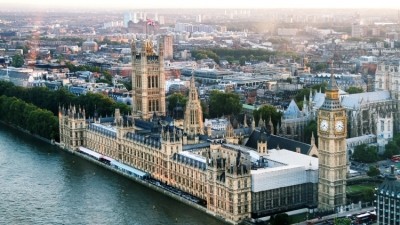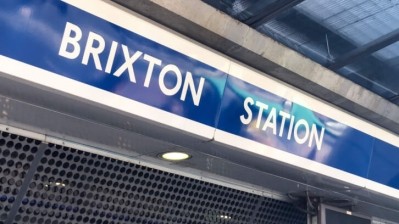LICENSING HUB - LEGAL WITH POPPLESTON ALLEN
Legal Q&A: Members’ clubs v pubs – what to consider

Q: I am the chairman of a social club which has been running for almost 100 years. With the challenges brought by rising costs, we are considering whether having a club premises certificate (CPC) is still viable for us or if now is the time to look at a getting a premises licence. What points should we consider?
A: It was Groucho Marx who coined the phrase “I don’t want to belong to any club that will accept me as a member” – and he might not be unique in that point of view.
Sadly, the statistics suggest that there has been a steady decline in the number of premises with club premises certificates and while not every member will take such an extreme view on joining a private members’ club, it is clear the viability of many clubs has been tested.
According to Home Office figures, there were 14,100 club premises certificates in March 2018. In March 2022, it had decreased by 4% to 13,500. When the next biennial figures are released at the end of March 2024, it is likely to have dropped even more.
The benefits of a club premises certificate are widely understood. You do not have to have a designated premises supervisor, alcohol tends to be cheaper for the members, you can (subject to appropriate approvals) have more lucrative gaming machines and as a private organisation, you are subject to less scrutiny from the local responsible authorities.
However, these advantages are at a cost. You can only welcome in members and their bona fide guests, new members have to wait two days before being able to use your facilities, there is an added level of bureaucracy when it comes to purchasing alcohol, off-sales are restricted and the club cannot run for profit, making re-investment in the club more of a challenge.
One thing we are often asked about from clubs is whether they can hire out their premises or part of it to non-members to help top up the coffers. And unfortunately, the answer is, technically, no if any qualifying activities are taking place (ie, supply of alcohol and regulated entertainment). However, clubs are still able to utilise temporary event notices (TENs) to cover such events so you could potentially (subject perhaps to your club rules) have up to 15 events per year, which may be sufficient to give you an extra stream of business without getting a premises licence. Of course, a non-member might become a member and hire out the room and invite their guests to their function.
If you are looking at getting a premises licence, you could, of course, still operate as a members-only club but the two-day rule does not apply unless you want it to.
One particular issue of note is that given the age of your club, it is unlikely your CPC will have many (if any) conditions on it. Applying for a new premises licence is likely to attract requests for conditions relating to CCTV, security, incident logs, training and various policies to name but a few. You will, of course, need to have a personal licence holder to be your designated premises supervisor.
The decision to walk away from a CPC is not necessarily an abandonment of years of heritage but it is clearly a significant step that requires much consideration.
Joe Harvey is an associate solicitor at licensing solicitors Poppleston Allen.







